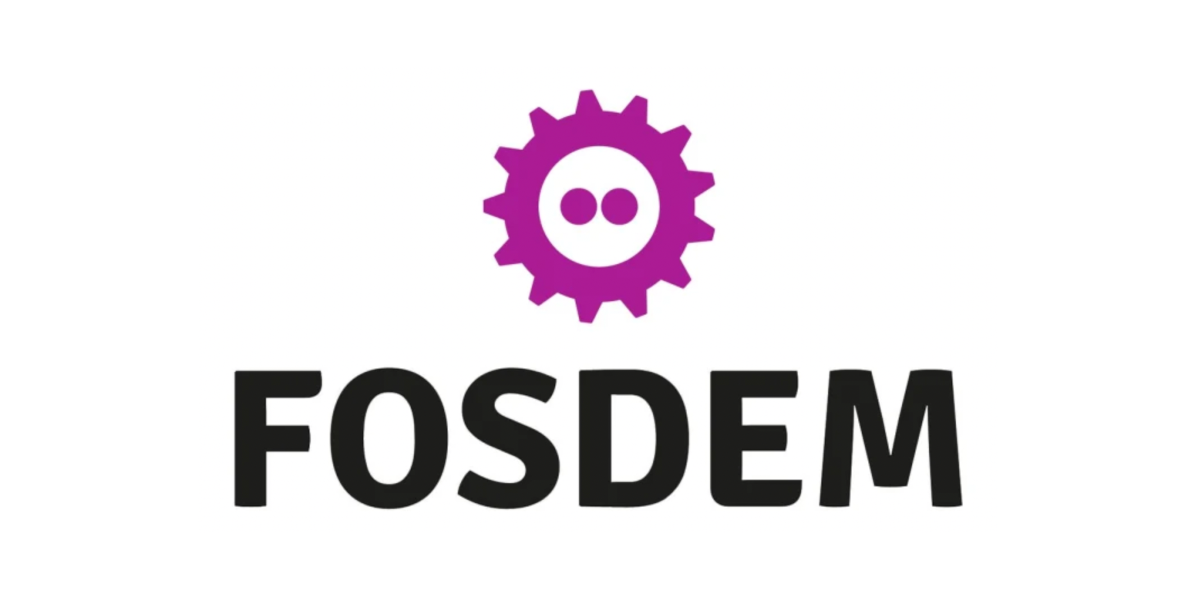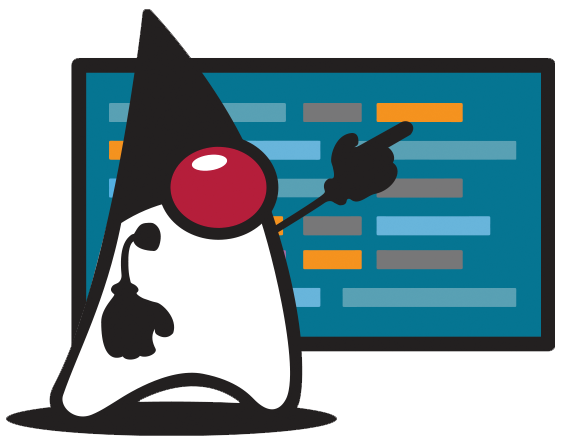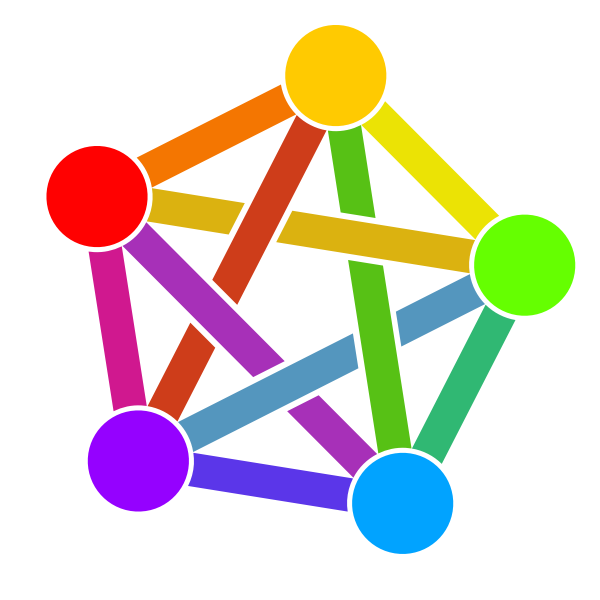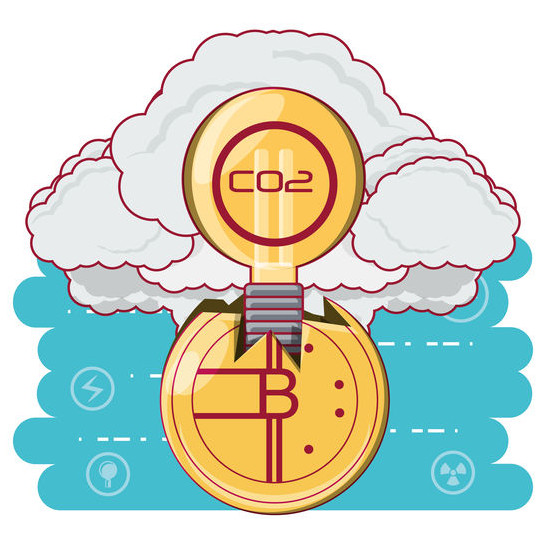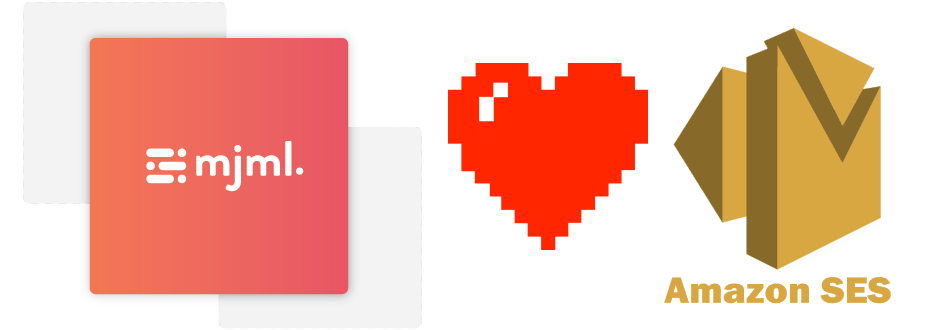FOSDEM 2026 - Refelctions from the Day After
FOSDEM 2026: Reflections from the Day After The day after FOSDEM always feels a bit strange. You are tired, your head is full of ideas, and you are already thinking about next year. FOSDEM 2026 was no exception. As usual, it was simply amazing.
Talks & Venue This edition of FOSDEM took place at its usual location: the ULB Solbosch Campus in Brussels. It is one of the few venues that can handle the huge number of people attending the conference. As far as I know, FOSDEM is the largest open-source conference in Europe.
